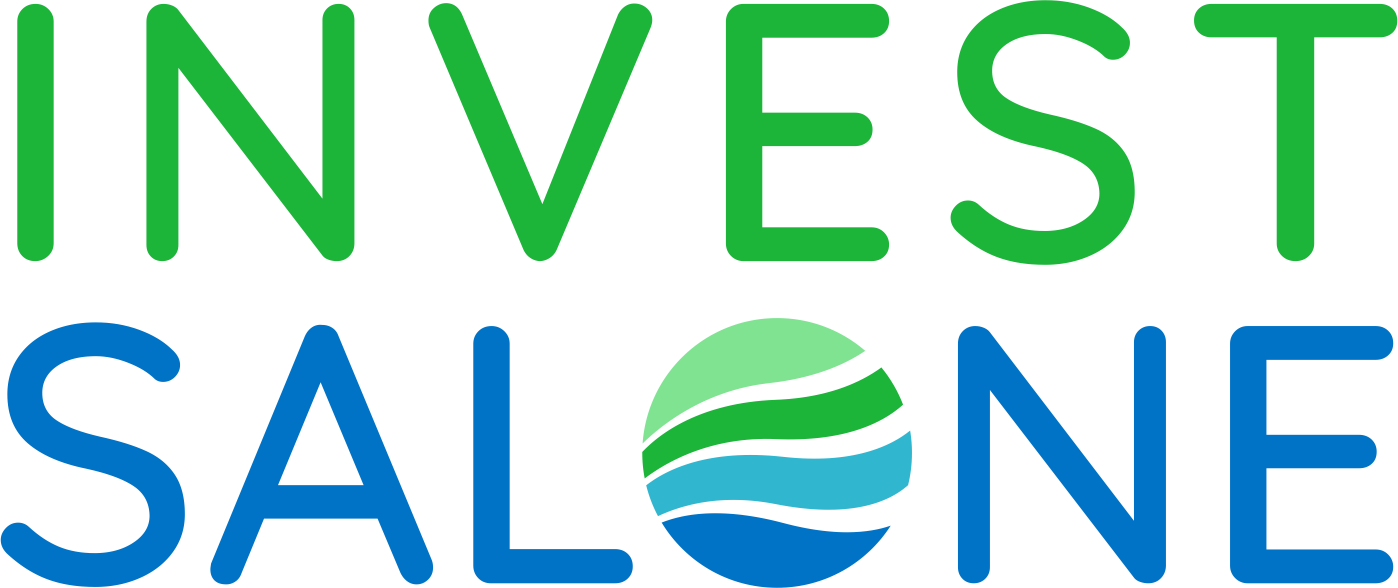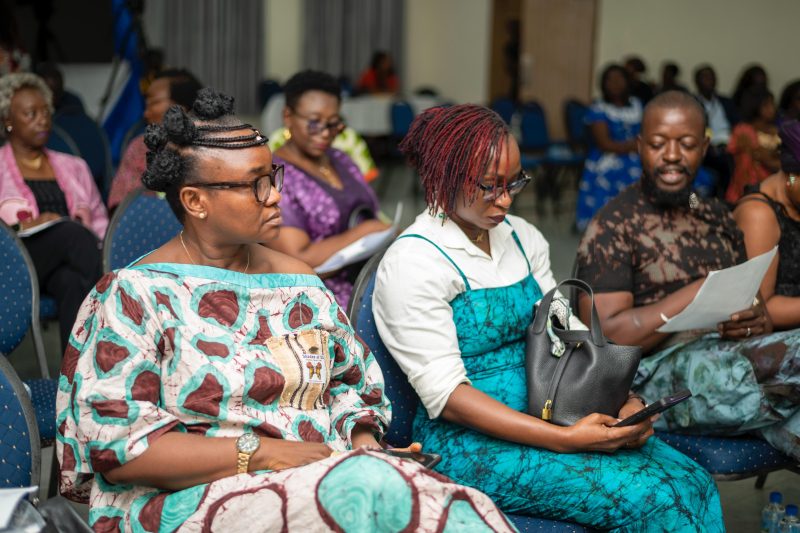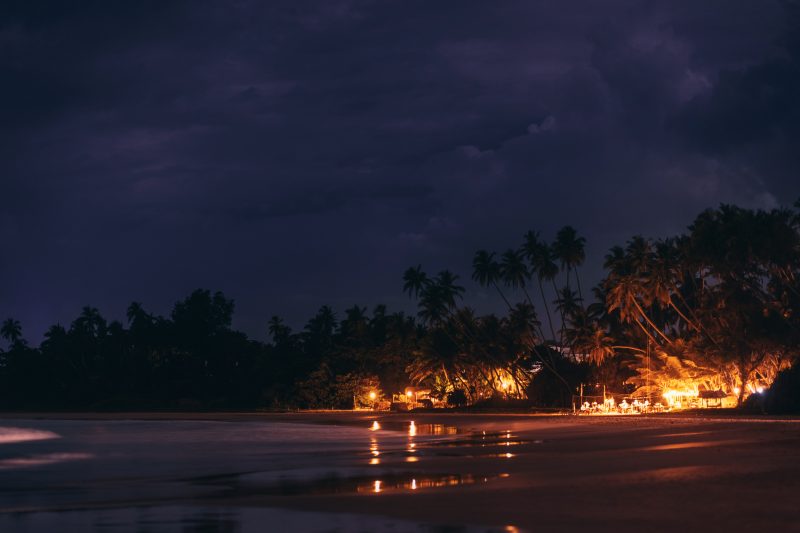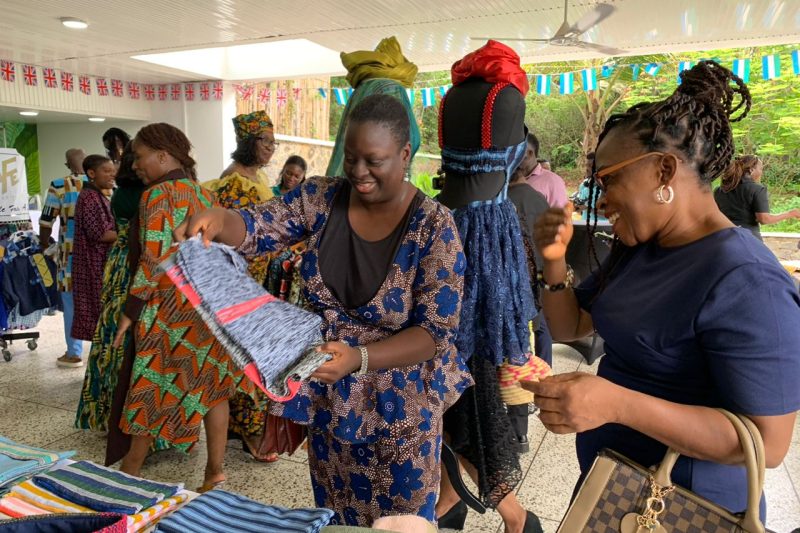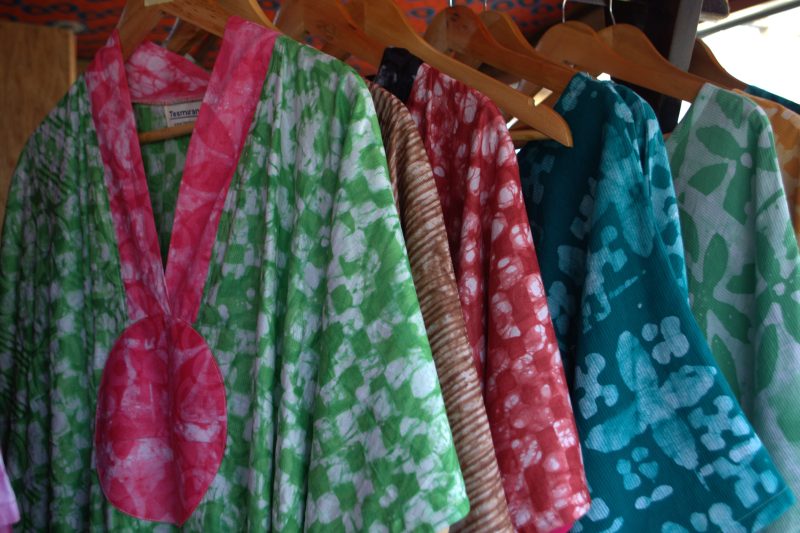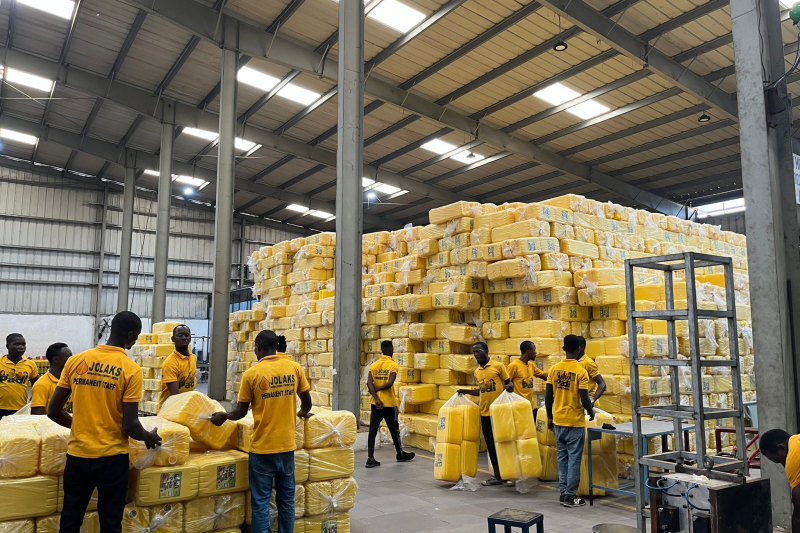Sierra Leone’s fashion and textiles sector has dominated its social scene this year, and in the process is showing itself as an increasingly powerful tool for economic empowerment.
From Manikene’s recent launch at Radisson Blu and Nyapuii Threads’ 5th Anniversary Boutique Bash at Mango Peak, to the explosion of covetable bespoke fashion that lit up the country on Eid, to the opening of the Djulaa Concept Store, as well as the graduation of over 400 students from Madam Wokie’s Skills Development Programme, event after event speaks volumes about the sector’s aspirations for growth.
Common to all of these is their contemporary take on traditional artisanship, which is reviving heritage skills, techniques and materials and building on Sierra Leone’s cultural legacy to create a unique and distinctive ‘made in Salone’ style.
In the process, the fashion industry’s potential to drive positive change through job creation, cultural conservation and skills transfer is moving rapidly up our policy agenda.
As Emmanuel Edwards, founder of newly launched clothing brand Manikene, says: “In Sierra Leone, I took on a new mission. Recognising the immense talent of local artisans, I sought to empower them by collaborating on projects and incorporating their traditional craftsmanship into my designs. This partnership elevated the quality of the finished products and nurtured an atmosphere of cultural exchange and appreciation.”
Worldwide, the fashion and textiles sectors are estimated to be worth US$2.5 trillion and employ more than 75 million workers, most of whom are women.
The market in sub-Saharan Africa is worth a relatively modest US$31 billion. However, a growing interest in Africa’s creative industries, combined with increasing consumer awareness of the high environmental and human costs of fast fashion, has created an opportunity for the individualised heritage-driven approach of designers like Sierra Leone’s.
In addition, easy shipping access to Europe and several trade agreements that allow emerging markets to benefit from low or no tariffs on their products are expanding the fashion sector’s export potential.
Invest Salone is working with individual fashion firms and the wider sector to boost competitiveness. Our work includes capacity building, providing design support and advice on key marketing materials, hosting learning sessions, showcasing export-ready firms, and collaborating with the sector to explore opportunities for official ‘Made in Sierra Leone’ accreditation, as well as encouraging sector coordination to address common challenges faced by brands, such as shipping, material sourcing, pricing strategies and marketing.
For more information visit our Resource Bank or get in touch at enquiries@investsalone.com.
